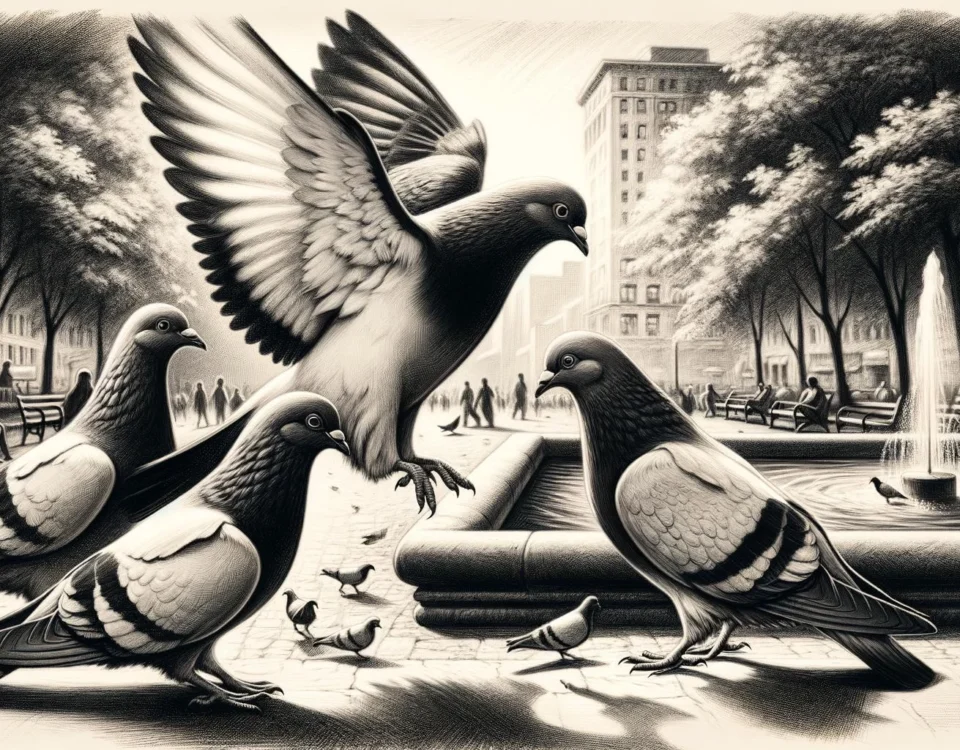Utility pigeons, also known as carrier pigeons or homing pigeons, have a long history of serving various purposes for humans. From being messengers during war to their use in scientific studies, pigeons have proven to be intelligent and reliable animals. In recent times, there has been a growing interest in the potential of pigeons to contribute to sustainable development. This article will explore the role of utility pigeons in sustainable development and their impact on the environment.
Key Takeaways
- Pigeons have been used as messengers and in scientific studies for centuries, exhibiting their intelligence and reliability.
- There is increasing interest in the potential of utility pigeons to contribute to sustainable development.
- Pigeons can help reduce greenhouse gas emissions by promoting the use of renewable energy sources.
- They also play a role in urban ecosystems as primary consumers and a food source for birds of prey.
- The consumption of pigeon meat and other wild game is considered sustainable.
Utility Pigeons and Greenhouse Gas Emissions
One aspect of sustainable development involves reducing greenhouse gas emissions and promoting the use of renewable energy sources. The Pigeon Group, for example, has committed to reducing its Scope 1 and 2 greenhouse gas emissions by 50% compared to the fiscal year 2018. They aim to achieve this reduction by 2030 through various initiatives.
The Pigeon Group is also advancing the use of renewable energy as a means of reducing emissions of greenhouse gases. In 2022, they generated electricity from renewable sources, further showcasing their commitment to sustainable practices.
Pigeons in Urban Ecosystems
Pigeons are not only adaptable to urban environments but also play a role in urban ecosystems. They serve as primary consumers and contribute to the trophic levels within these ecosystems. The significant population of pigeons supports predation, making them an important food source for many birds of prey.
Their resilience in urban habitats and their ability to maintain a substantial population makes pigeons valuable contributors to urban ecosystems. By supporting the food chain, they help maintain biodiversity and ecological balance in cities.
Sustainability of Pigeon Consumption
Consumption of pigeon meat and other wild game is considered sustainable. These animals forage from natural resources, and their natural diet contributes to the unique and delicious taste of game meat. As a result, the consumption of wild game, including pigeons, can be seen as a sustainable food choice.
By choosing to consume wild game, individuals can support sustainable practices and reduce the environmental impact associated with intensive farming practices. However, it is important to ensure that the hunting or sourcing of wild game is done sustainably, taking into account local regulations and conservation efforts.
Overall, utility pigeons have the potential to contribute to sustainable development through their role in reducing greenhouse gas emissions and their significance in urban ecosystems. Additionally, the consumption of pigeon meat and other wild game can be a sustainable food option. Their adaptability, intelligence, and unique contributions make them an interesting subject for further research and exploration in the context of sustainability.









